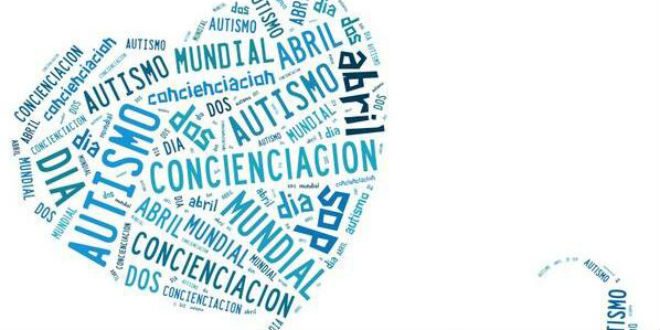Most people are typical, they have a typical behaviour and some have a different behaviour which makes them atypical. Atypical because they feel, think and act differently from the majority.
On the National Autism and Asperger Awareness Day, which is celebrated today in the world, it is important to account for some of the practices of the health system, especially the Ministry of Health Programme in order to create consciousness in the society about the rights of neurodivergent people.
It is necessary to improve the care of people with primary functional diversity which is experienced as another rediscrimination and at the same time to provide a more person-centred approach and to consider the individual needs of each consultant: that officials handle a literal language, instead of treating them as a homogeneous and dehumanising whole.
Human nature is diverse, there is no single human type, the system has pigeonholed them into a single type that demands a single way of thinking, feeling and acting for all. All those who break out of this mould are labelled with the word Disorder, sequestering the dignity of that human being.
The TEA Law, promulgated by the President of Chile Gabriel Boric on 2 March 2023, is now a reality. A regulation that ensures the right to equal opportunities and safeguards the social inclusion of children, adolescents and adults with autism spectrum disorder (ASD), eliminating any form of discrimination. It is a good step forward, but like all laws it will require time for implementation and monitoring.
What is the percentage of autism in Chile?
The prevalence is 1 in 51 children between 18 and 30 months of age; * only 272 children attending for well child check-ups in two Family Health Centres in two urban communes of the capital were considered, 1 in 51 children in Chile is on the autistic spectrum.
The health system tends to stigmatise those who do not fit into its parameters of normality, considering them rare for having a functional diversity in communication and social interaction. They do not have the necessary training to provide them with dignified care. Neurodivergent people are particularly vulnerable to this discrimination, as they are perceived as a charge and are denied the same rights and opportunities as others. There is certainly a long way to go to protect the rights of autistic people and promote their social inclusion.
It is essential to recognise that medication and other treatments for brain functioning have become a lucrative global business. The use of certain antidepressants and antipsychotics can generate preoccupying side effects, such as the arming of a “straitjacket” inside our brain, alternatives must be generated to improve medical care, invest in research in order to develop more effective and less invasive medications.
Significant barriers such as access to early diagnosis, access to education, access to community participation and access to employment and independent living must also be removed. In this way, we can ensure that their needs are met and that they are provided with the necessary supports to improve their quality of life and promote their equal participation in society. The different abilities and talents of each individual with ASD must be recognised. People with autism and their families go through a complex path and face multiple barriers throughout their lives.
It is urgent and necessary to make many workshops for families with children with ASD, in schools to avoid bullying and in the community in general.
Many of them relate with loyalty, honesty and trust; they are able to give everything they have and to take care of that friendship, that love or that affection as few people do; they express what they feel with total sincerity. They have a great capacity to listen, without continually making their own evaluations when responding.
We can affirm that we do not remove it much with so many therapies if we do not transform the social world, atypical people only need good treatment to flourish, if we put into use the Golden Rule, “Treat others as you want to be treated”, we would not need to talk about inclusion, we would be facing the good coexistence with human neurodiversity. To be happy is very similar to what any other person requires: love, acceptance, respect and empathy.
We invite you to reflect: what can we learn about atypical people in the world, will we have to see ourselves in the need to humanise ourselves?
* Study published in 2021 in the Revista Chilena de Pediatría.
César Antonio Anguita Sanhueza, member of Convergence of Cultures-Chile
I thank my humanist friends without whose collaborators this article would not have been possible.






